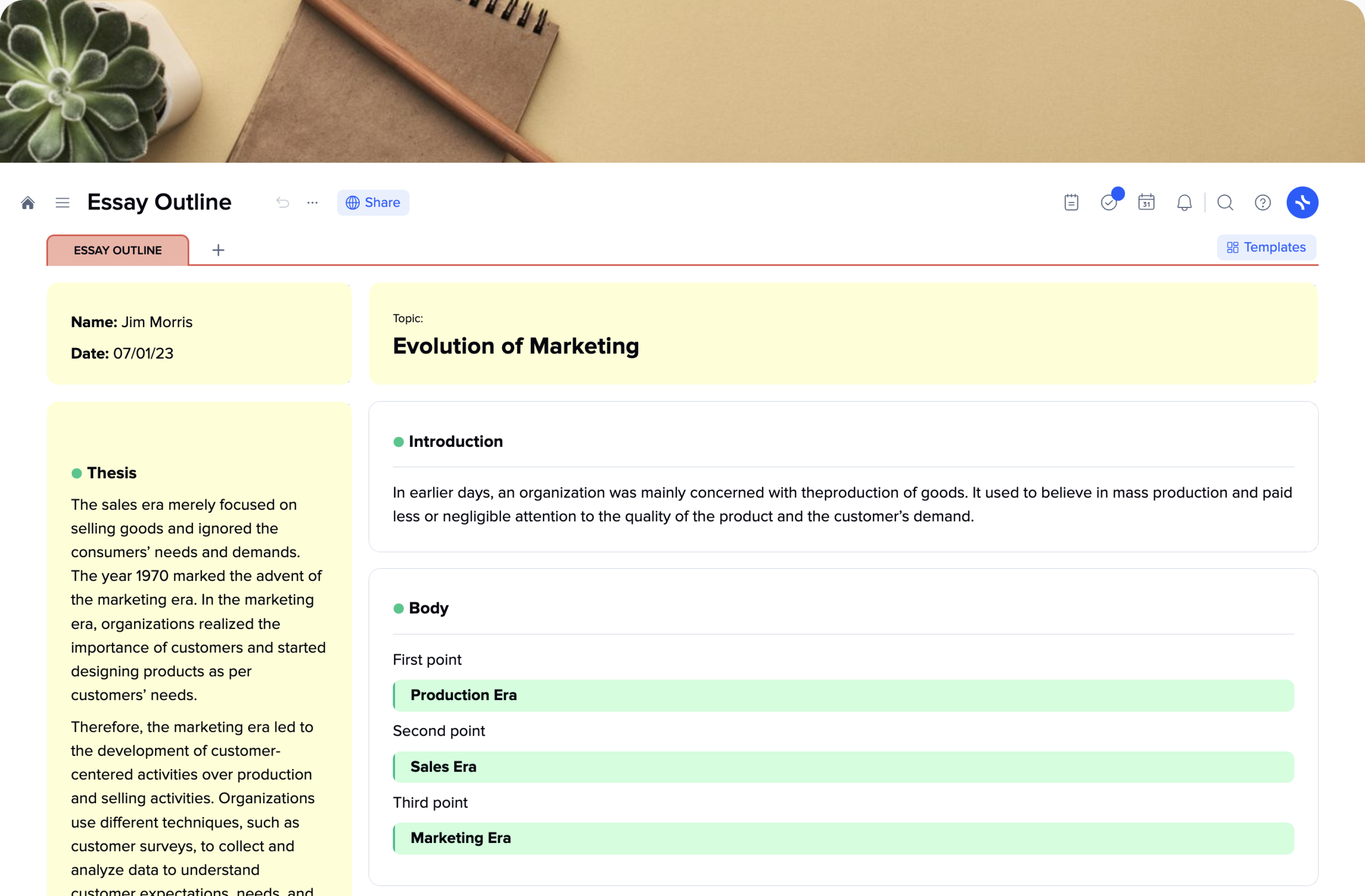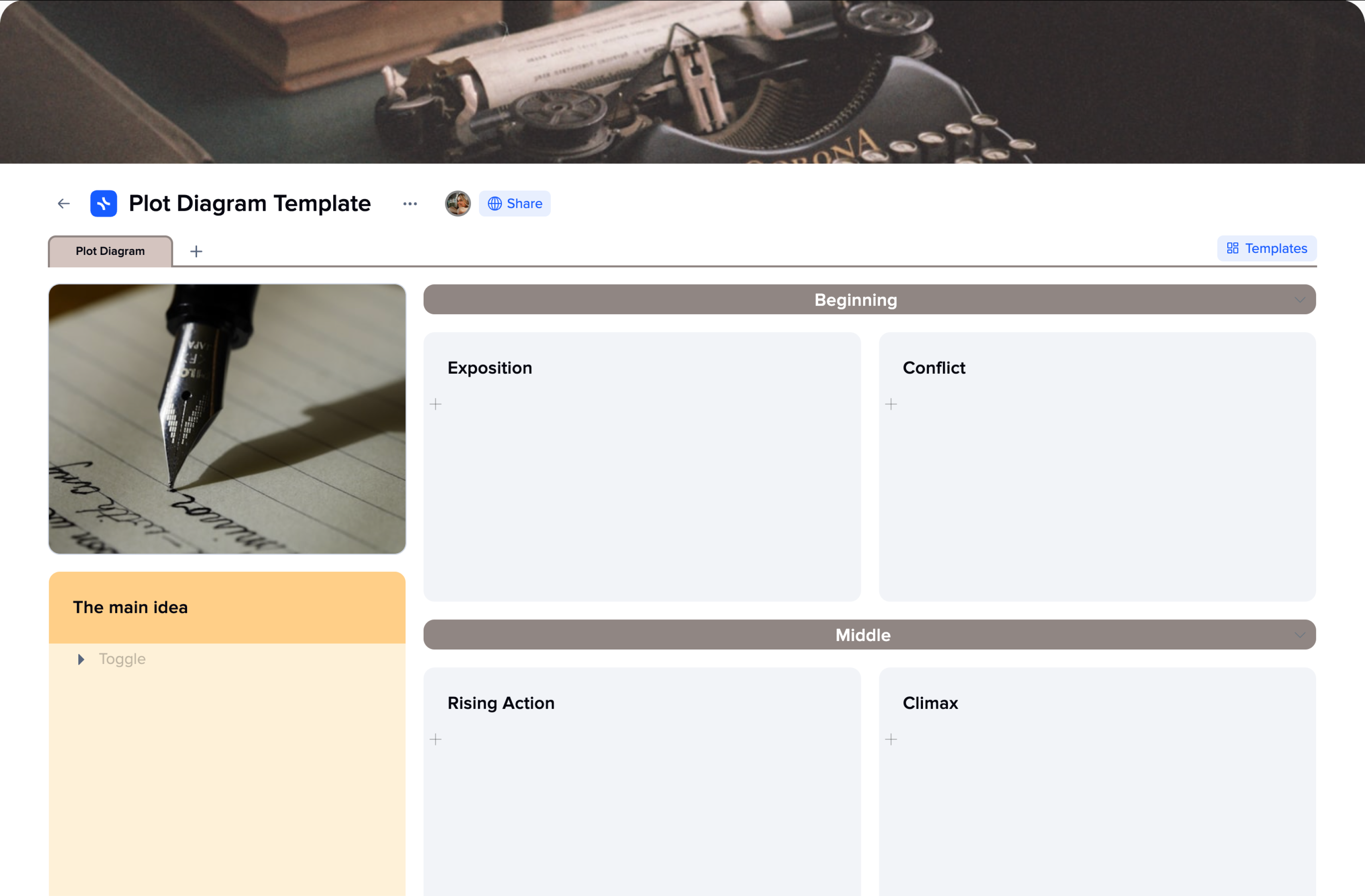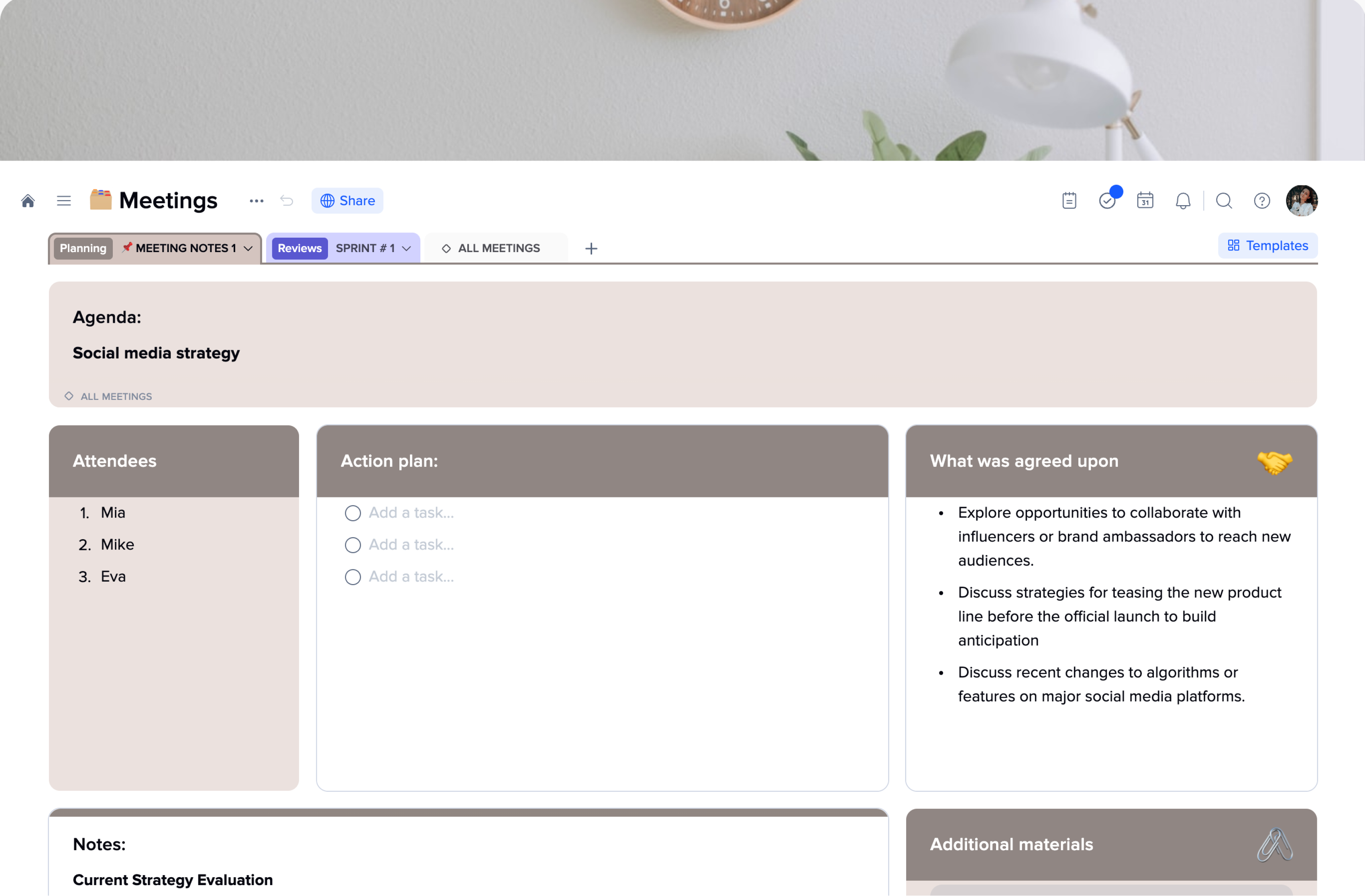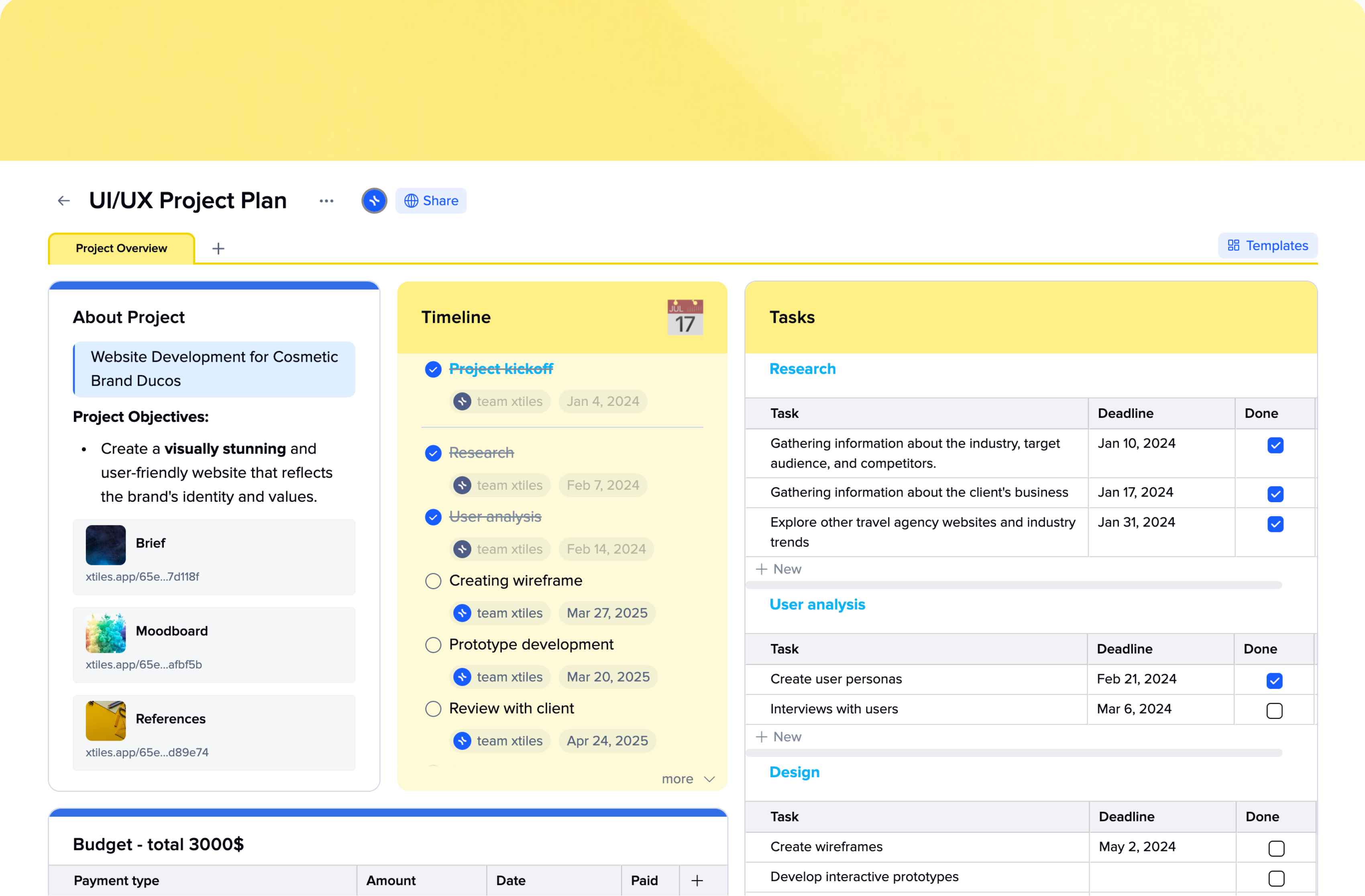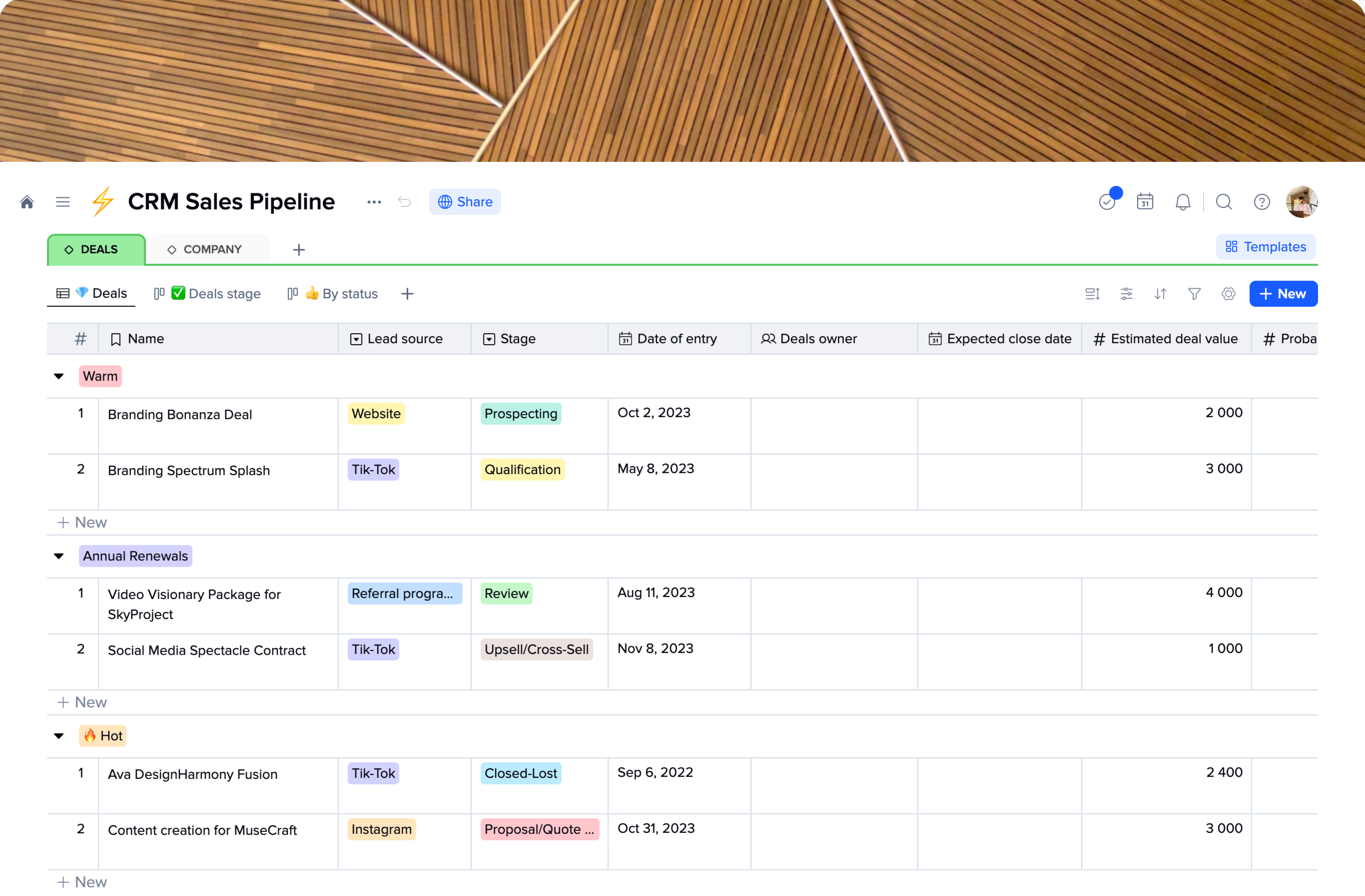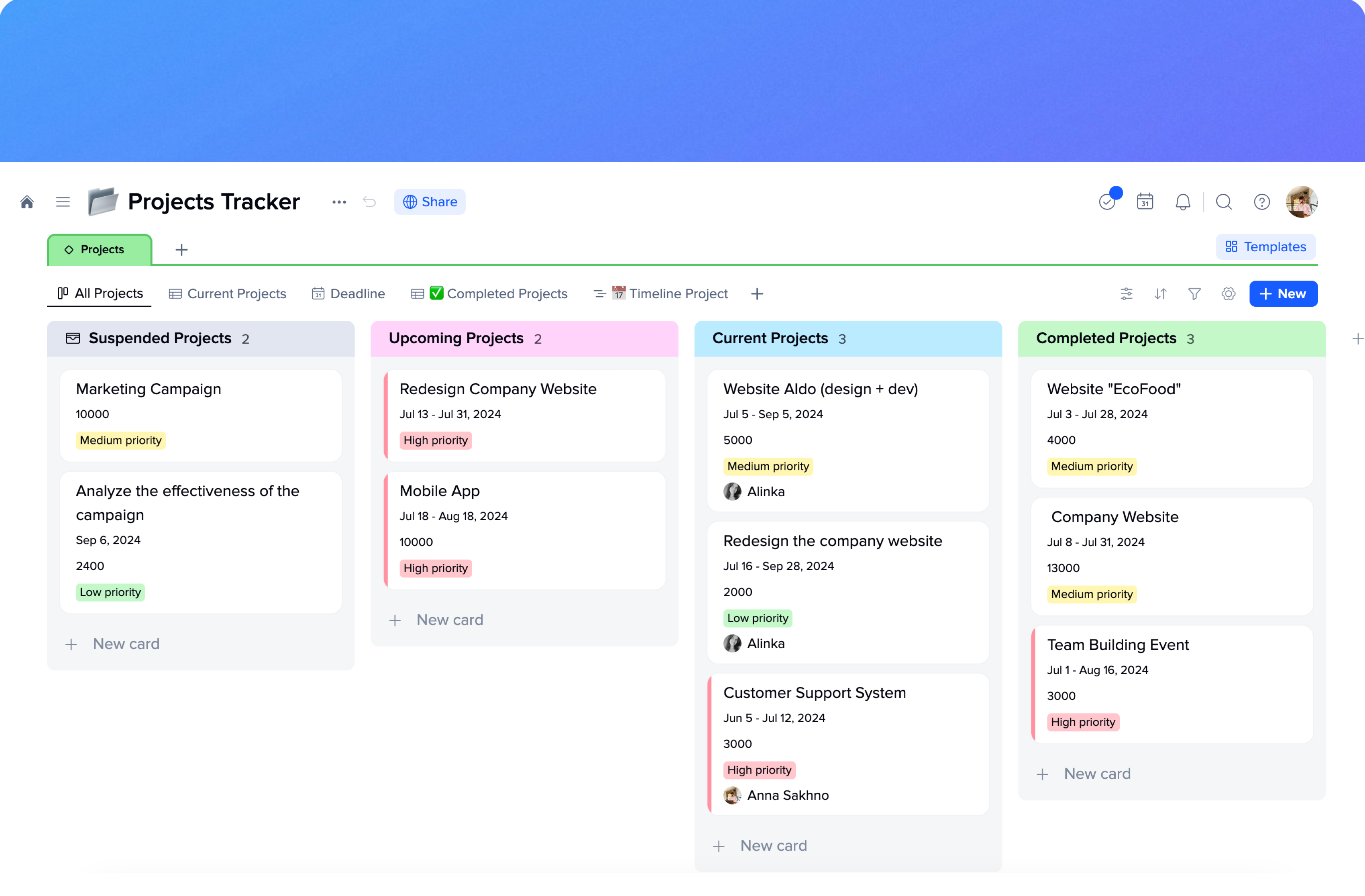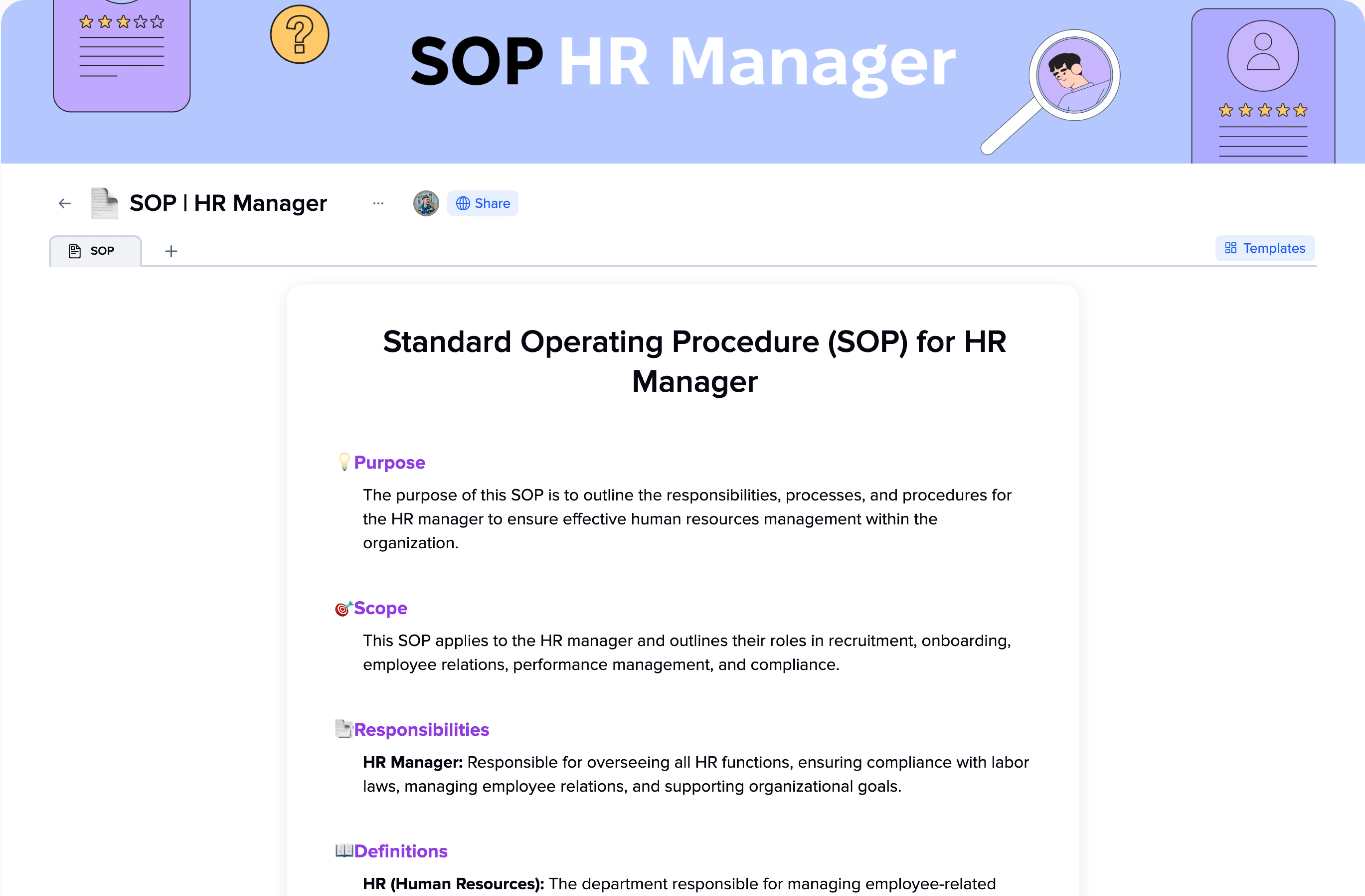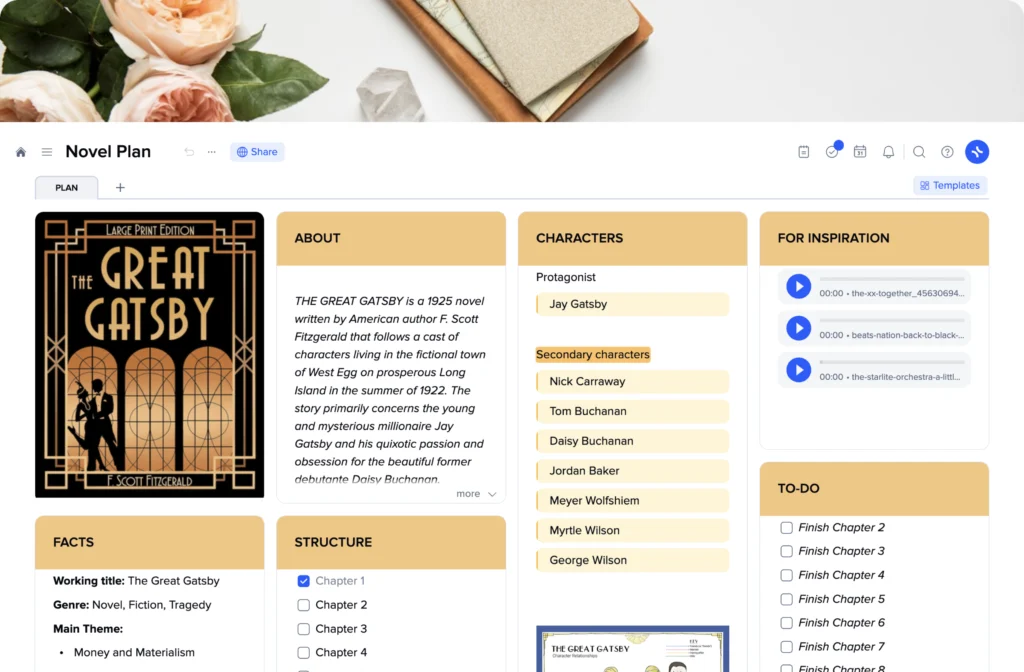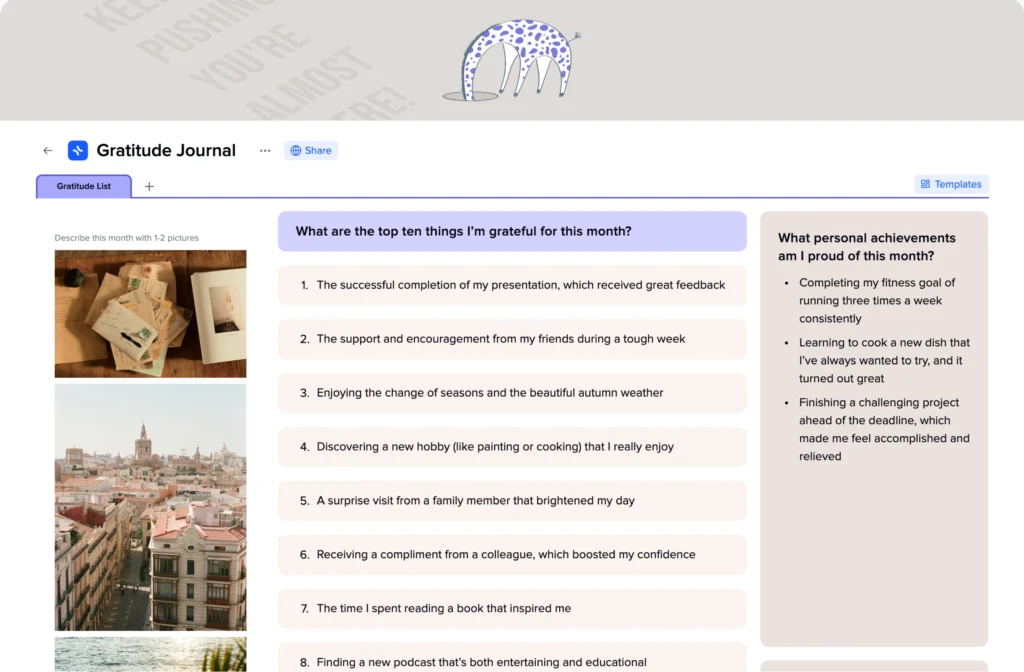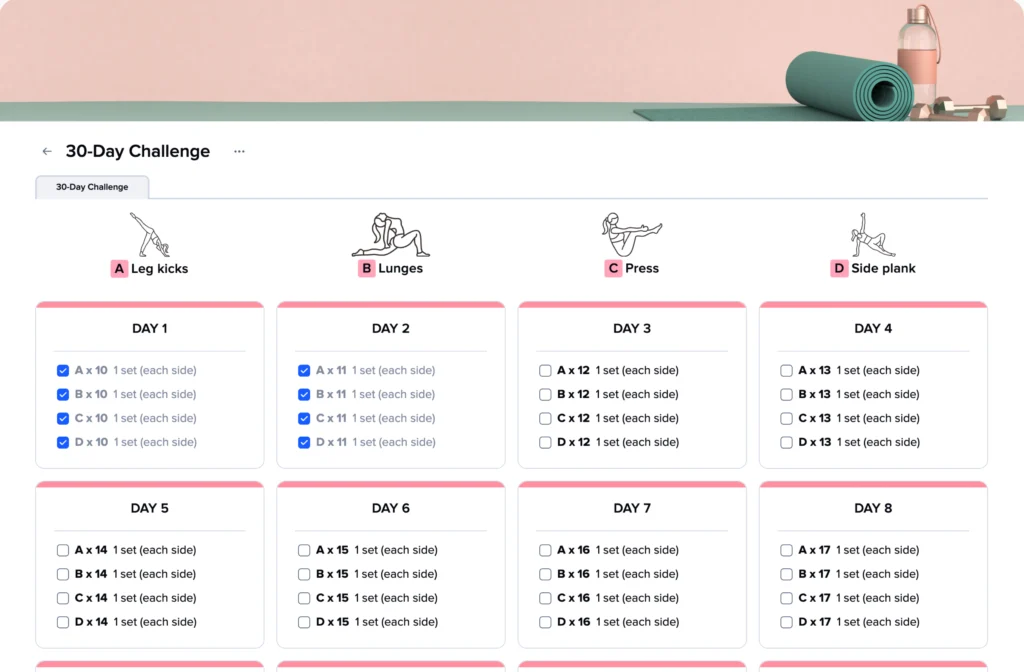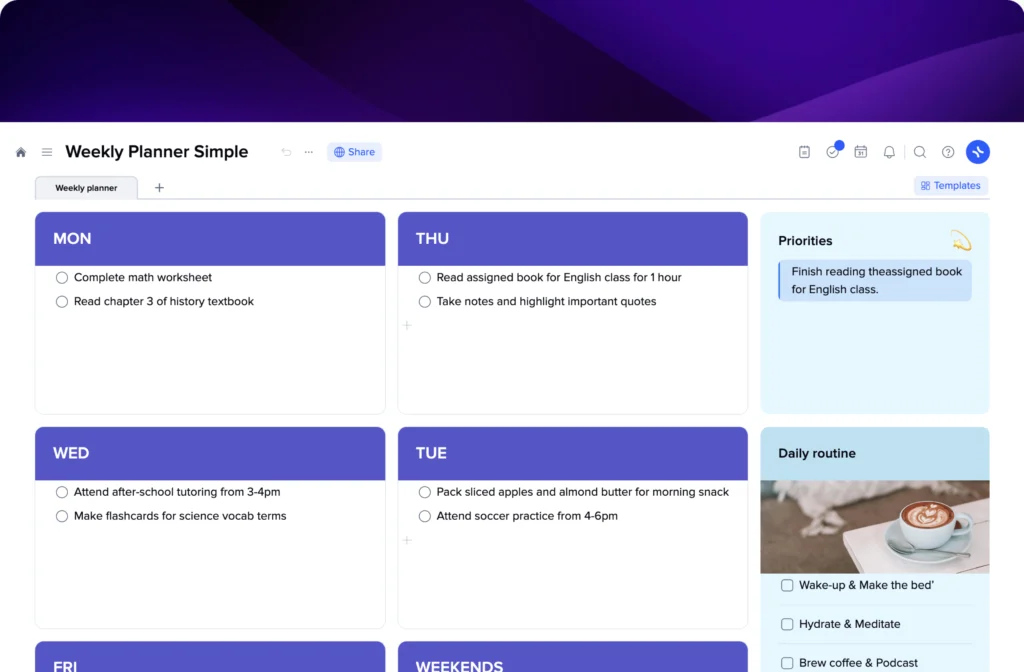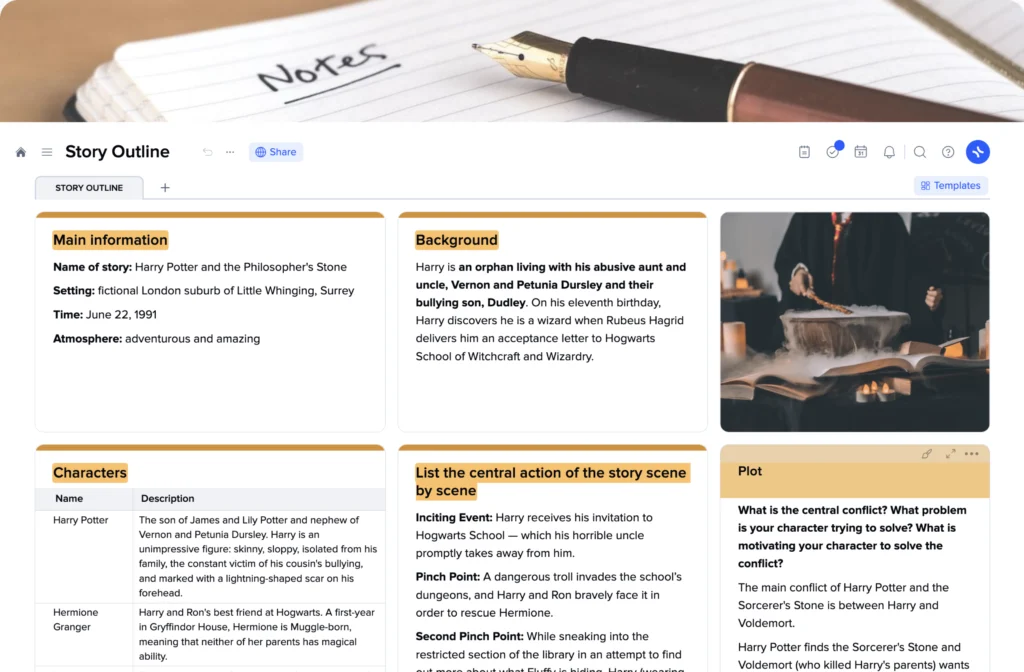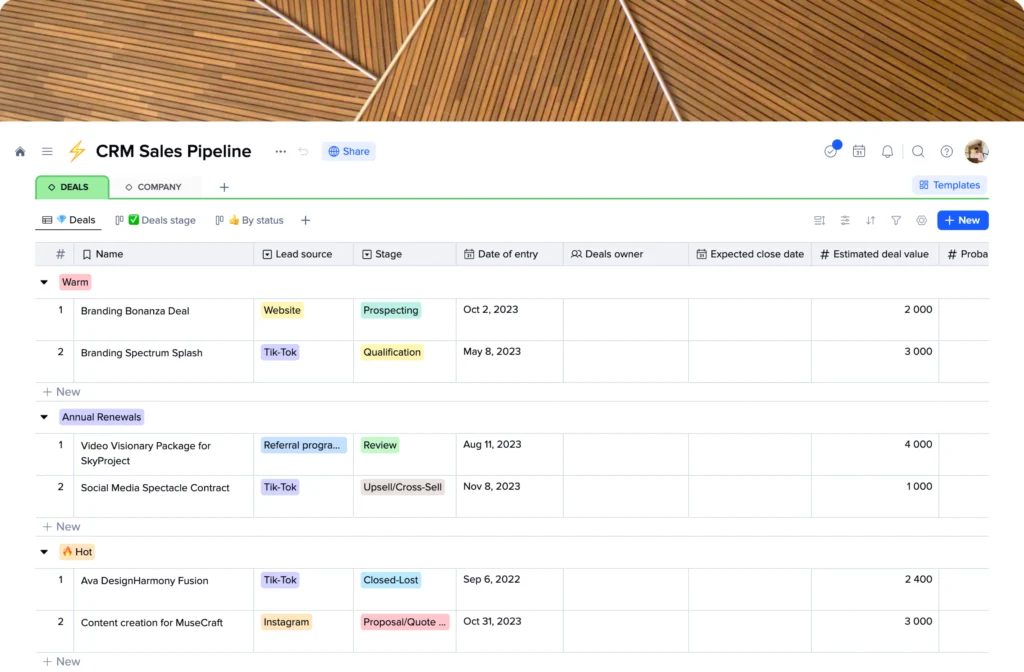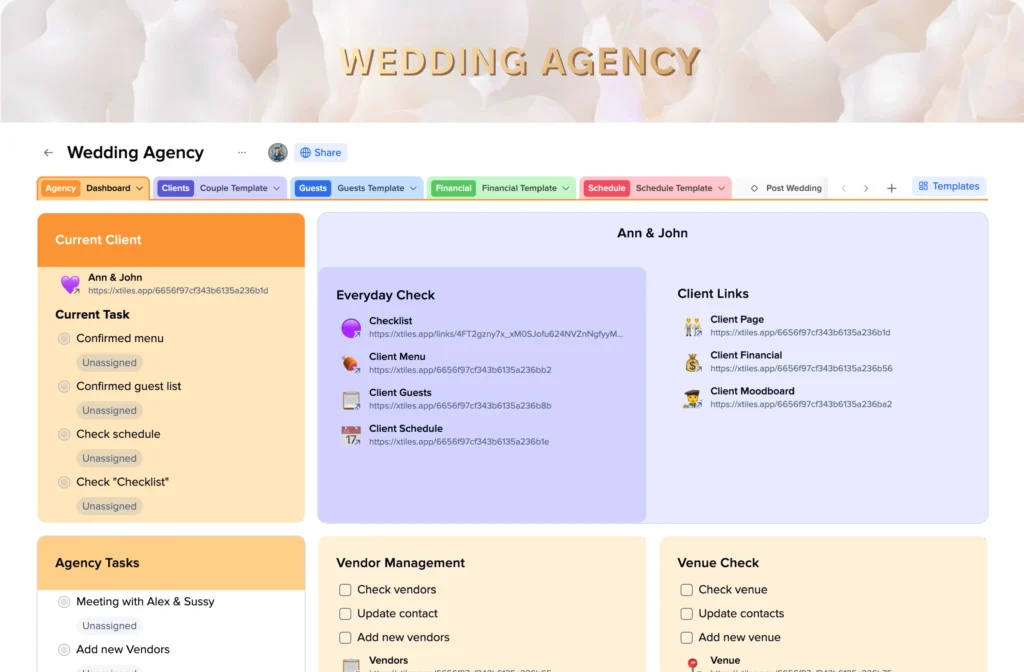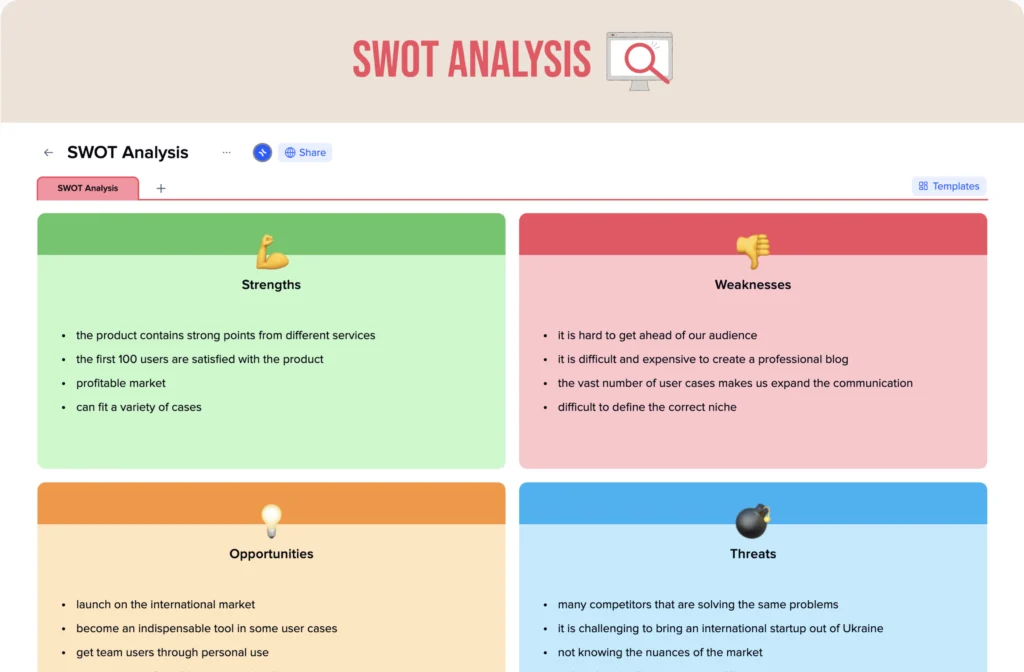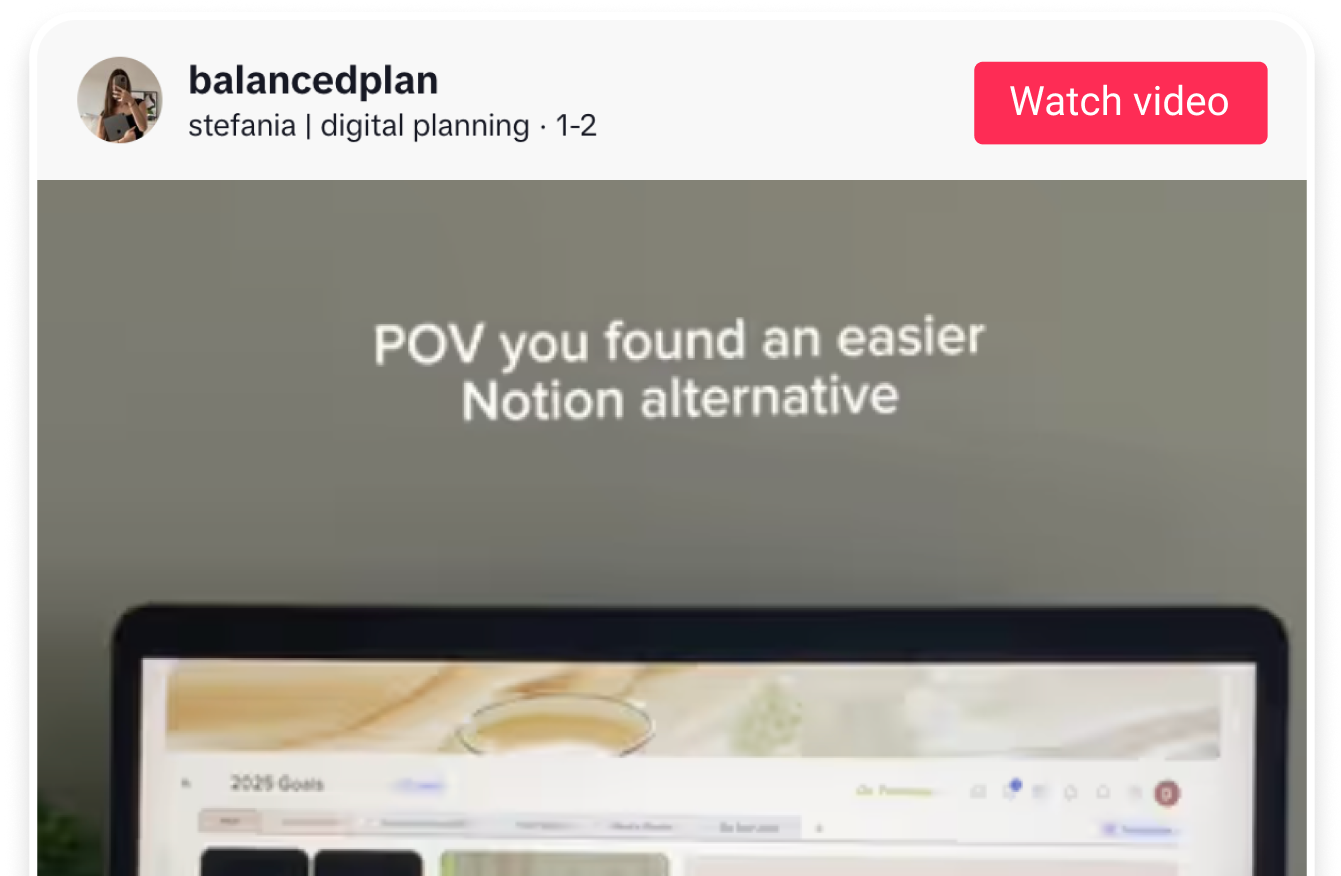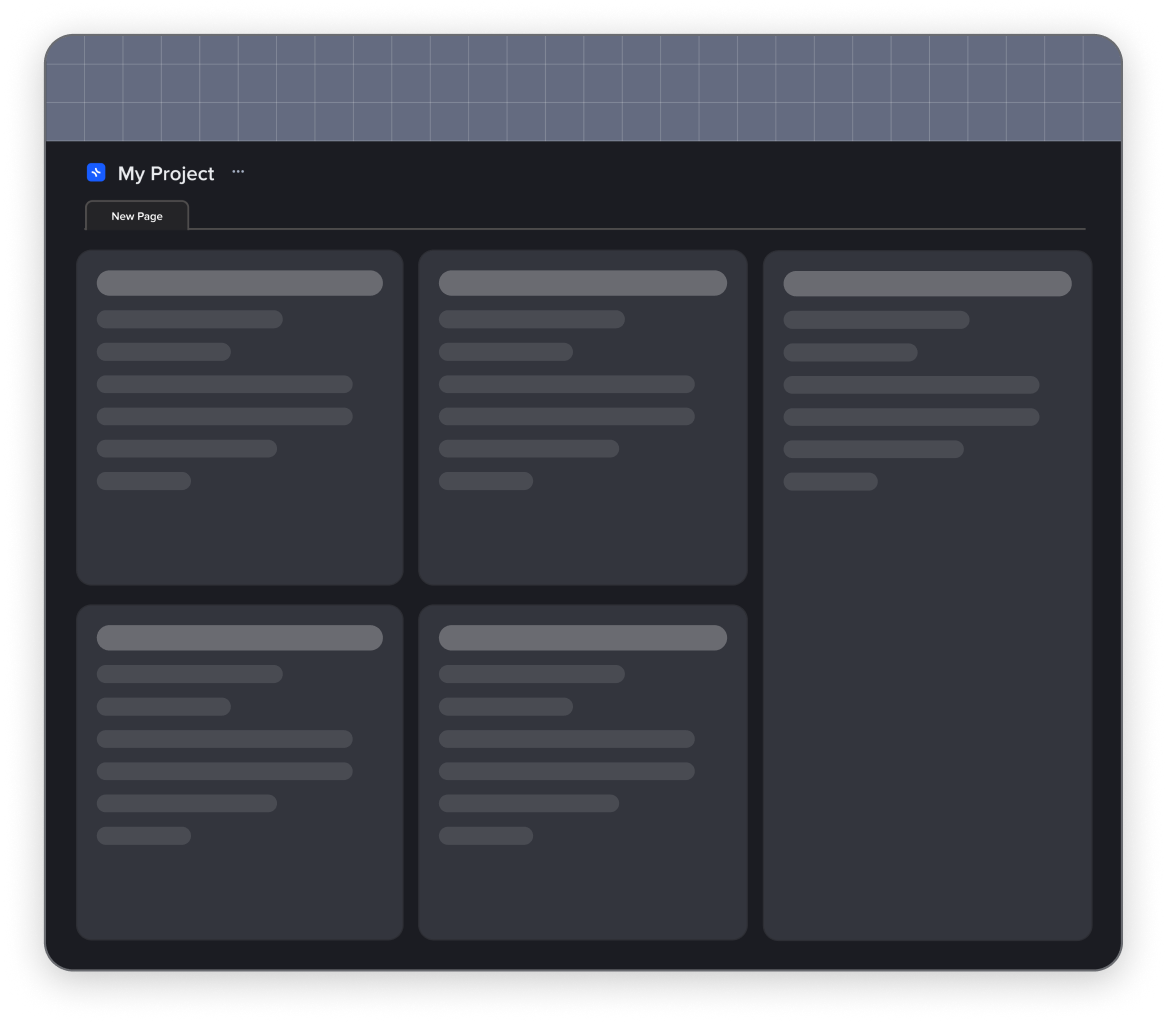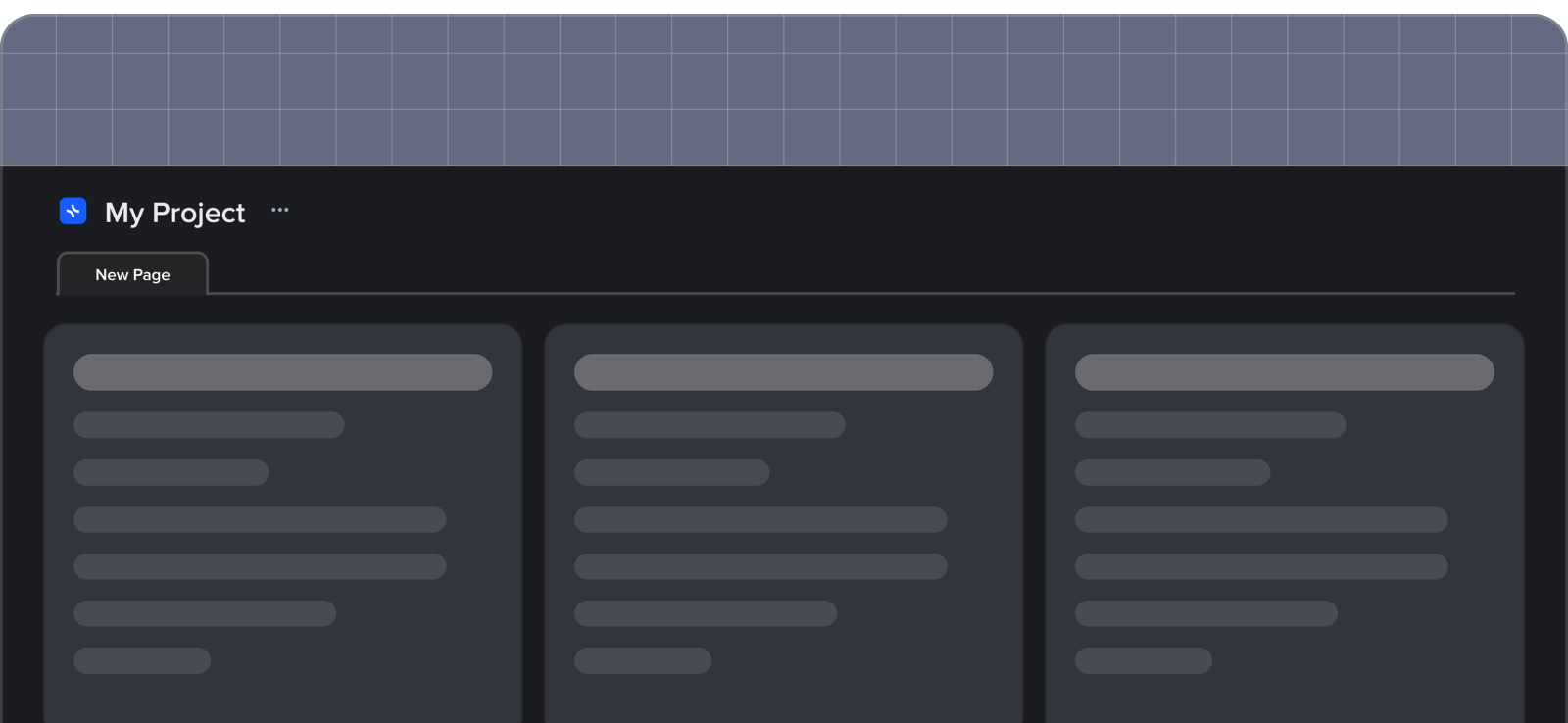How to write an outline that will help you to accomplish your assignment?
When you start your outline, your ideas might be pretty raw and far from being clearly formed. If everything goes smoothly, you will have a developed idea that is easy to express and explain after you finish your outline. And then your essay is almost half done.
There are different outline approaches to writing different types of essays. However, the main point is that there’s no 100% pure argumentative essay, as there won’t be any 100% pure reflective essay. A good essay plays for all teams – it delivers ideas, explains new information, shows your opinion, etc. That’s why we created a flexible outline essay template. It doesn’t matter what you have to work on. It will suit your needs just perfectly. Besides, you won’t need to search for different templates each time you get a task from your teachers. You already have it.
When working on your outline, remember that it’s mostly for you. Even though someone might see or even check it, don’t worry about what they will think. After all, it’s not the finished essay yet. If whoever sees it finds something wrong or incorrect, it will help you.
Let’s start.
1 Topic
It may sound silly, but your topic is your starting point. How you formulate it will affect the whole process and the whole piece. Sometimes, even one article is crucial. That’s why you need to be especially careful and attentive when coming up with your topic.
When you get your essay topic from your academic advisor, you still need to be attentive. Scrutinize what you got. How well does it suit your previous academic assignments? Maybe there’s something you can add or delete to be more specific?
Important to remember that long topics often don’t help. They might confuse you and especially people who will read them. Conciseness is your best helper.
Aside from coming up with the topic, you also need to decide who you’re writing to. Your target audience defines many aspects of your future essay. What lexicon, analogies, comparisons, etc., can you use, what questions need to be asked, etc.? It defines how deep you will dive into your topic and what of its aspects you will explain.
2 Introduction
Your essay introduction is where you convince the reader to continue reading. At this part, you need to show how interesting and innovative your text is, that this single piece of writing will divide their lives into before and after. So, for the introduction, you need to gather the most important and intriguing information on your topic.
You may ask questions, whether rhetorical or not, and promise them the answer somewhere below. However, the introduction isn’t the most important part of your essay, so don’t put all the information and ideas in this part. Also, don’t start to explain your point. It will be too late and will make your essay body useless.
3 Thesis
Many people experience trouble distinguishing between an essay thesis and the essay topic. These two are indeed pretty similar and closely related. However, your thesis statement is more about your relationship with the topic than the topic itself.
When filling this part of your essay outline template, add what you think and your experience, don’t be scared to add judgments and opinions. Your essay can be critical too.
You may add something while researching the topic. You may change your mind completely after you’ve conducted your research. That evolution of your opinion might also be a good point to add to your essay thesis.
4 Body
Imagine your essay is a sandwich. The beginning and conclusion are pieces of bread, and the body is the stuffing – the point you’re making a sandwich in the first place.
To make your sandwich easier to digest, you may divide this part into three or as many parts as you want. Each is devoted to a new point of view or argument.
When working on this part of your essay template outline, the main rule is to be specific and not let them mix with each other. It might look like if everything is united into one big piece, the text will be more cohesive and explain the subject fully. Yes, it might be so, but it will also be more chaotic and hard to understand.
The order of your points is important too. You may go from general to more specific facts, which is probably the most workable approach because you prepare your reader, giving them the information they need to understand the next idea.
5 Conclusion
The final part is as important as all the previous ones. It will be a misfortune to give up in the end and, after an intriguing introduction and well-reasoned and explained body, deliver a weak conclusion. That’s why we recommend you keep something interesting for the last part too.
Your conclusions should be based on what you delivered/explained in the body. Put the main ideas and concepts you grasp. Maybe, while writing the essay, you will change your initial conclusion or extend them with new opinions or judgments. In this case, add them. You may even write a few sentences about popular misconceptions regarding the topic, given your experience and new knowledge.


